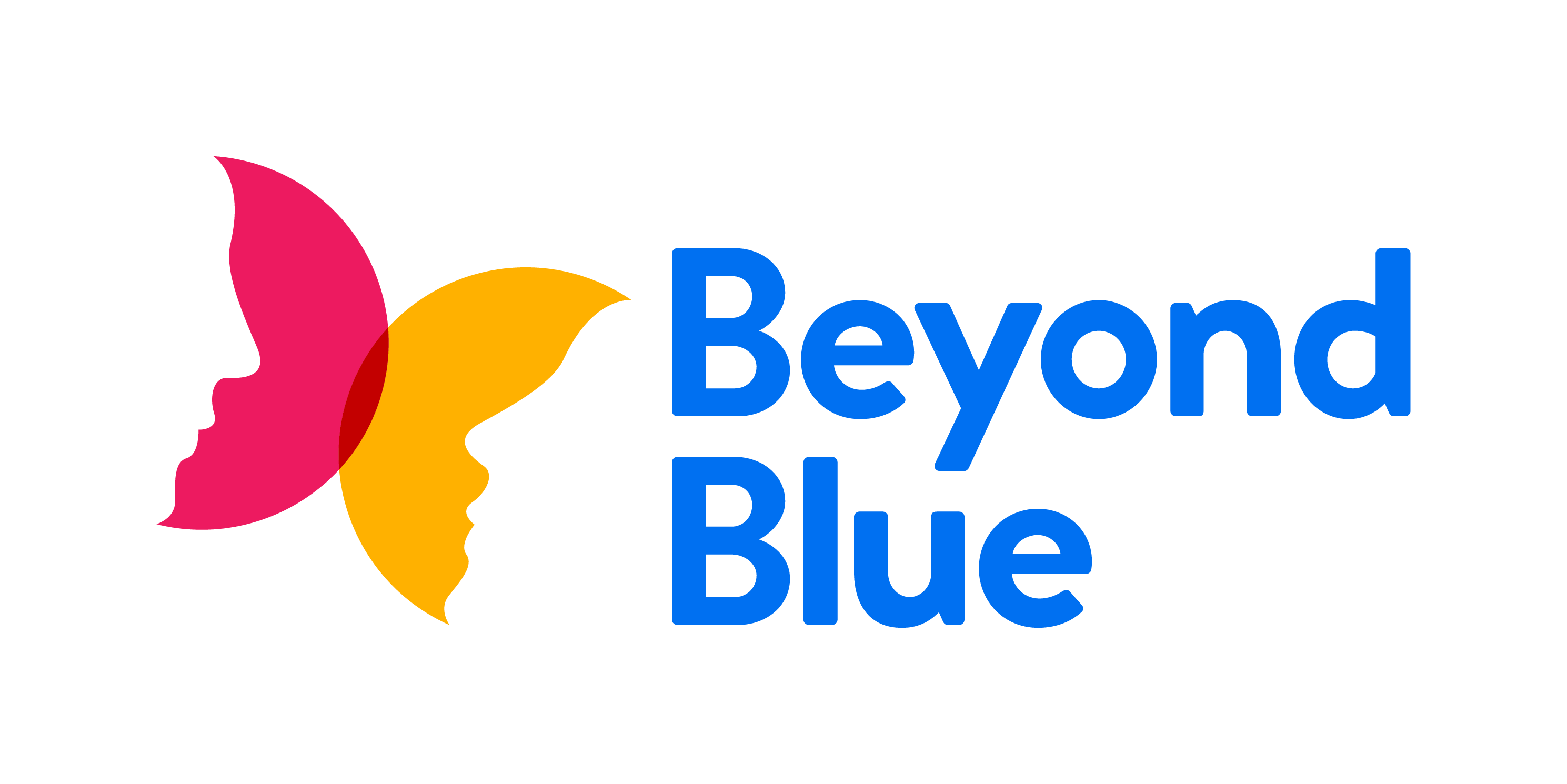Wellbeing
Supporting mental health in the workplace
It goes without saying that these are challenging times. The impacts of COVID-19 in the workplace are being felt in more ways than one.
Your employees may be adapting to changed working conditions whether it’s working remotely, returning to the office or following social distancing measures in the field. But there’s another invisible force to consider amongst all of this – the impact it has on people’s mental health.
No matter how tough they are, this situation will affect your team’s morale and overall performance.
Don’t forget, that you’re human too – in order for you to help your staff through these challenging times you need to invest in your own wellbeing as well.
So how can you look after yourself while looking out for your employees?
The truth is it’s the simple stuff that really counts.
Remember, if you’re feeling overwhelmed, there’s no shame in getting help.
How to approach a difficult staff conversation
Most of us avoid difficult conversations because it takes so much effort, energy and discomfort. In the workplace, the difficult conversations employers have with employees include:
- Personal behaviour at work
- Personal performance at work
- Personal issues that maybe impacting on either their behaviour and/or performance
- Business performance including down turns or change of rosters/duties/redundancies/dismissals.
In the wake of COVID-19, MEA has noted a spike in unfair dismissal claims. As such we strongly encourage members to speak to the Workplace Relations Team prior to having difficult conversations with workers – whether it’s about, behaviour, personal performance or business performance.
The Team regularly assists members with understanding IR legislation and their approach to consultation, selection criteria and process of redundancies. It also assists members preparing for dismissals for performance and/or conduct reasons.
If you are in need of assistance please contact the Workplace Relations Team on 1300 889 198 or email [email protected]. Getting an impartial view from subject matter experts can help you in greatly improving your ability to defend a claim.
Call the MEA Workplace Relations Team
Strategies to help you have that difficult conversation
Once you’ve spoken to the Workplace Relations Team, having that difficult conversation can be made simpler if you’re prepared and have a few strategies to guide you:
-
Start the conversation with the purpose >
Plan what you’re going to say, but don’t script it too much. Be upfront. State why you need to have the conversation and what you’re hoping to achieve. It helps to just get into it. Sometimes small talk doesn’t help.
-
Talk to facts and manage emotions >
Talk plainly about how the issue is affecting the business in a way that makes them see how they are involved. Trying to keep your opinions and feelings separate from your professional judgement is often the hardest part. Staying calm can help both of you process the decision at your own pace. But we’re all human, and emotions will come into the discussion at some point: that’s why it’s difficult. The discussion won’t be easy for either of you, and only you can decide on the right balance.
-
Listen to their side >
This is so important. Really listening to your employee at this time helps them feel heard and understood. It’s a basic human need. Don’t dismiss or disregard their point of view, or use your position of power to manipulate the situation. Put yourself in their position and be the manager you’d want in that situation.
-
Offer help >
After the most difficult part of the conversation is over, see if there’s anything you can do for your employee. Maybe you could provide more details about their benefits or refer them to an external source to help them with any issues.
 >
>


